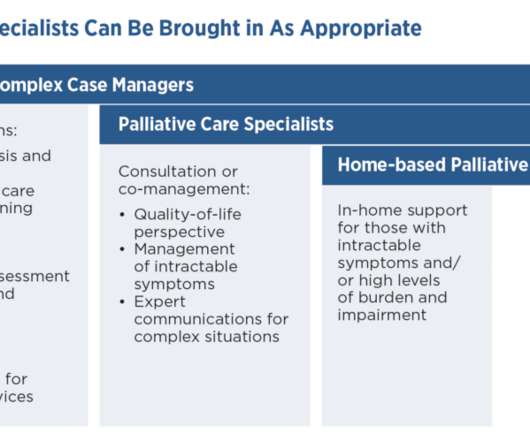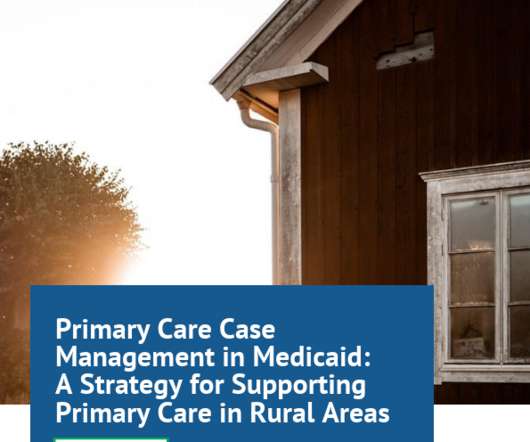Day 2 Notes from the 42nd Annual J.P. Morgan Healthcare Conference
Sheppard Health Law
JANUARY 10, 2024
Markovich is worried that the healthcare system is losing the public’s trust – which will make it harder to effectively fix our system – while also not delivering the quality of care and accessibility needed by our population. Monogram Health also spoke to the use of palliative care programs for its chronic kidney disease patients.











Let's personalize your content